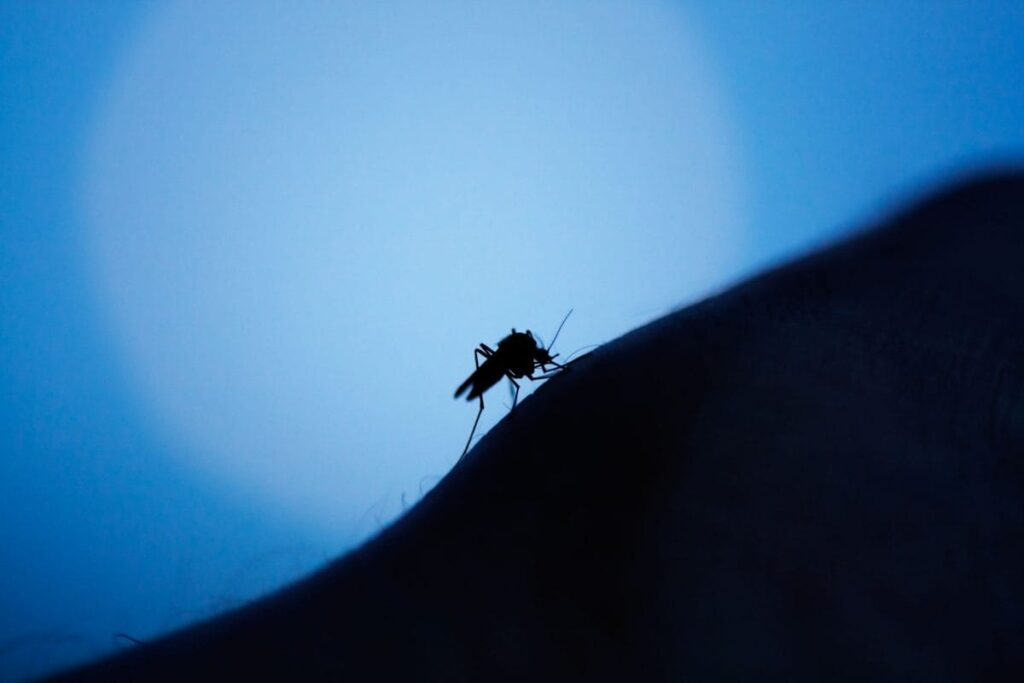 In Warangal, an initiative is underway to use better sanitation to curb the spread of malaria. On World Malaria Day, it is important to appraise such initiatives and look towards further solutions to build upon the progress made against the disease.
In Warangal, an initiative is underway to use better sanitation to curb the spread of malaria. On World Malaria Day, it is important to appraise such initiatives and look towards further solutions to build upon the progress made against the disease.
Much of the conversation about sanitation tends to focus on the Government’s Swachh Bharat Mission. However, in the Telangana city, a significant commitment by its Greater Municipal Corporation (GWMC) is being made to build public toilets and improve sewage treatment. This is with an aim of getting rid of pockets of stagnant water, to limit the number of breeding sites for mosquitoes in the city.
“Let’s not encourage breeding of mosquitoes. Let’s keep our premises and neighbourhood clean and dry and make them mosquito free.”
Among the steps taken are the construction of ‘She toilets’ and public latrines and the erection of two faecal sludge treatment facilities, housed at a sanitation resource park (SRP) in the village of Ammavaripet. The SRP was established in partnership with the Bill and Melinda Gates Foundation and the Administrative Staff College of India in Hyderabad. It has drawn national attention, including a visit by Parameswaran Iyer, Secretary at the Union Minister of Drinking Water and Sanitation.
“Let’s not encourage breeding of mosquitoes. Let’s keep our premises and neighbourhood clean and dry and make them mosquito free,” said Municipal Commissioner N. Ravi Kiran. “Even a spoon of stagnant water is a source for breeding 1,000 eggs.”

“Malaria still has a sizeable footprint in the country, reporting 435,000 malaria deaths in 2017. India continues to be one of just eleven countries accounting for seventy percent of the global malaria burden – and the only one not to be located in sub-Saharan Africa.”
The initiatives are being undertaken with a view towards World Malaria Day, which has the theme “Zero Malaria Starts With Me” and against its backdrop , India is making significant progress. It no longer ranks among the three countries most affected by malaria and reported three million fewer malaria cases in 2017 compared to 2016, marking a 24 percent decline. India’s contribution to the overall malaria burden in 2017 was just four percent. The Centre has issued plans to eliminate malaria from India by 2030.
Nonetheless, malaria still has a sizeable footprint in the country, reporting 435,000 malaria deaths in 2017. India continues to be one of just eleven countries accounting for seventy percent of the global malaria burden – and the only one not to be located in sub-Saharan Africa.
This emphasises the importance of initiatives of the kind undertaken in Warangal. Improved sanitation, as well as the provision of ant-imalarial medications and bednets, are key steps that can be taken in the fight against this disease. Timely diagnosis and access to treatment is also vital.

